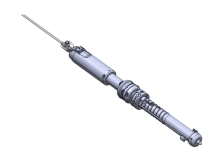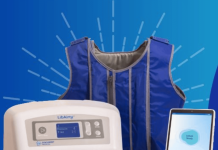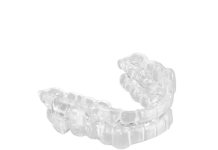Medical imaging company Avicenna.AI has secured Medical Device Regulation (MDR) certification for five of its AI algorithms which are used to screen severe conditions.
Avicenna.AI’s products have been certified as Class IIb medical devices by the certification body BSI Medical Devices. The now MDR-certified AI tools include algorithms for intracranial haemorrhage (CINA-ICH), large vessel occlusion (CINA-LVO), quantification of stroke severity (CINA-ASPECTS), aortic dissection (CINA-AD), pulmonary embolism (CINA-PE), and opportunistic cases of pulmonary embolism (CINA-iPE).
Related: Signum Surgical’s BioHealx technology obtains FDA clearance
The new EU MDR regulations came into effect in 2020, with the transition period lasting until 2027 for high-risk devices and 2028 for medium and low-risk devices. However, industry leaders have said that these stringent requirements are curbing opportunities for early device development.
Founded in 2018, the France-based company also secured three US Food and Drug Administration (FDA) clearances this year. Last month, the FDA cleared CINA-VCF, a triage and notification AI tool that detects unsuspected vertebral compression fractures (VCFs) in patients undergoing chest or abdomen CT scans. In March 2024 the FDA granted approval to Avicenna’s CINA-iPE and CINA-ASPECTS, one month after it secured $10m in a Series A funding round backed by Innovacom and CEMAG Invest.
Avicenna’s regulatory manager Stéphane Berger said: “Obtaining MDR certification is a significant milestone for Avicenna.AI. It demonstrates our commitment to meeting the highest standards of medical device safety and performance. This certification not only reinforces our dedication to compliance but also assures our customers of the quality and reliability of our AI product portfolio.”
Another company that has received MDR certification for AI imaging processing software is Switzerland-based Medimaps Group. In September 2023, the company received the MDR certification for its management system and product portfolio, which includes AI-powered processing software for assessing bone health.
The use of AI in medical imaging is on the rise. According to a report on GlobalData’s Medical Intelligence Center, global revenues of AI across healthcare will generate $18.8bn by 2027. In August 2023, the US Food and Drug Administration approved IMIDEX’s VisiRad XR, an AI-powered device that analyses chest X-rays for potential lung nodules and masses.




